
The term Engineering is derived from the Latin ingenium, meaning “cleverness” and ingeniare, meaning “to contrive, devise”
Engineering, as a science is the application to the conversion of the resources of nature to the uses of humankind. Engineers Council for Professional Development in the United States defines Engineering as the creative application of “scientific principles to design or develop structures, machines, apparatus, or manufacturing processes, or works utilizing them singly or in combination; or to construct or operate the same with full cognizance of their design; or to forecast their behavior under specific operating conditions; all as respects an intended function, economics of operation and safety to life and property.”
The term engineering is sometimes more loosely defined, especially in Great Britain, as the manufacture or assembly of engines, machine tools, and machine parts.
Branches of Engineering
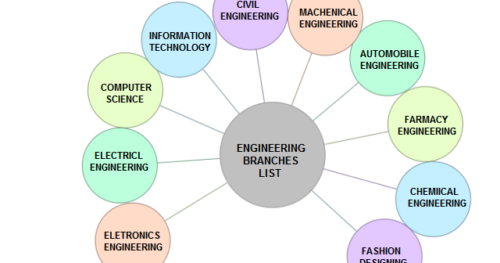 Engineering is a broad discipline which is often broken down into several sub-disciplines. Although an engineer will usually be trained in a specific discipline, he or she may become multi-disciplined through experience. Engineering is often characterized as having four main branches: chemical engineering, civil engineering, electrical engineering, and mechanical engineering.
Engineering is a broad discipline which is often broken down into several sub-disciplines. Although an engineer will usually be trained in a specific discipline, he or she may become multi-disciplined through experience. Engineering is often characterized as having four main branches: chemical engineering, civil engineering, electrical engineering, and mechanical engineering.
Chemical
Chemical engineering is the application of physics, chemistry, biology, and engineering principles in order to carry out chemical processes on a commercial scale, such as the manufacture of commodity chemicals, specialty chemicals, petroleum refining, microfabrication, fermentation and biomolecule production.
Civil
Civil engineering is the design and construction of public and private works, such as infrastructure (airports, roads, railways, water supply, and treatment etc.), bridges, tunnels, dams, and buildings. Civil engineering is traditionally broken into a number of sub-disciplines, including structural engineering, environmental engineering, and surveying. It is traditionally considered to be separate from military engineering.
Electrical
Mechanical
Mechanical engineering is the design and manufacture of physical or mechanical systems, such as power and energy systems, aerospace / aircraft products, weapon systems, transportation products, engines, compressors, powertrains, kinematic chains, vacuum technology, vibration isolation equipment, manufacturing, robotics, turbines, audio equipments, and mechatronics.
Interdisciplinary
Interdisciplinary engineering draws from more than one of the principle branches of the practice. Historically, naval engineering and mining engineering were major branches. Other engineering fields are manufacturing engineering, acoustical engineering, corrosion engineering, instrumentation and control, aerospace, automotive, computer, electronic, information engineering, petroleum, environmental, systems, audio, software, architectural, agricultural, biosystems, biomedical, geological, textile, industrial, materials, and nuclear engineering.
These and other branches of engineering are represented in the 36 licensed member institutions of the UK Engineering Council.
New specialties sometimes combine with the traditional fields and form new branches – for example, Earth systems engineering and management involves a wide range of subject areas including engineering studies, environmental science, engineering ethics and philosophy of engineering.
Other branches of engineering
Aerospace
Like the name suggests, aerospace engineering study, design, manufacture aircraft, satellites, rockets, helicopters, and so on. It closely studies the pressure difference and aerodynamics of a vehicle to ensure safety and efficiency. Since most of the studies are related to fluids, it is applied to any moving vehicles such as cars.
Marine
Marine engineering is associated with anything on or near the ocean. Examples are, but not limited to, ships, submarines, oil rigs, structure, watercraft propulsion, on-board design and development, plants, harbors, and so on. It requires a combined knowledge in mechanical engineering, electrical engineering, civil engineering,and some programming abilities.
Key Functions of Engineering
Problem solving is common to all engineering work. The problem may involve quantitative or qualitative factors; it may be physical or economic; it may require abstract mathematics or common sense. Of great importance is the process of creative synthesis or design, putting ideas together to create a new and optimum solution.
- Research
- Development
- Testing
- Design
- Analysis
- Systems
- Operations & Maintenance
- Technical Support
- Consulting
RESEARCH
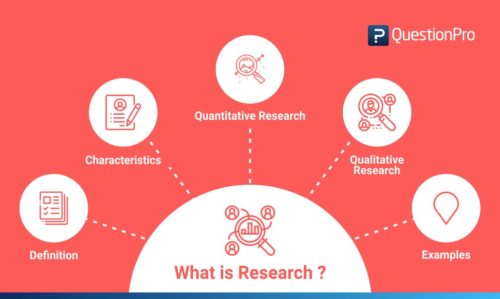 The methods of academic engineering research and the resulting insights into the nature of the physical world are indistinguishable from those of basic scientific research. However, there are crucial differences between the two endeavors. Basic scientific research is concerned with the discovery of new phenomena and their integration into coherent conceptual models of major physical or biological systems. By definition, the focus of greatest interest tends to be at the outer edges of present knowledge. Most scientific knowledge will, in a highly variable and unpredictable fashion, find technical applications of economic and social value, but in most cases the nature of such applications will not be apparent to the those who perform the original scientific research.
The methods of academic engineering research and the resulting insights into the nature of the physical world are indistinguishable from those of basic scientific research. However, there are crucial differences between the two endeavors. Basic scientific research is concerned with the discovery of new phenomena and their integration into coherent conceptual models of major physical or biological systems. By definition, the focus of greatest interest tends to be at the outer edges of present knowledge. Most scientific knowledge will, in a highly variable and unpredictable fashion, find technical applications of economic and social value, but in most cases the nature of such applications will not be apparent to the those who perform the original scientific research.
Basic research in engineering is by definition concerned with the discovery and systematic conceptual structuring of knowledge. Engineers develop, design, produce or construct, and operate devices, structures, machines, and systems of economic and societal value. Virtually all engineering research is driven by the anticipated value of an application. However, not all potential applications can be anticipated, and occasionally the hoped-for application may not be nearly as important as one that turns up by serendipity. The time from research to production may be a few years, as in the development and application of the laser or in the progression from the integrated circuit to microprocessor, or it may be decades, as in the development of television.
Engineering, unlike science, is concerned not only with knowledge of natural phenomena, but also with how knowledge can serve humankind's needs and wants. Such variables as cost, user compatibility, producibility, safety, and adaptability to various external operating conditions and environments must be taken into account in the design, development, operational support, and maintenance of the products and services that engineers create. Thus, engineering involves the integration of knowledge, techniques, methods, and experiences from many fields.
DEVELOPMENT
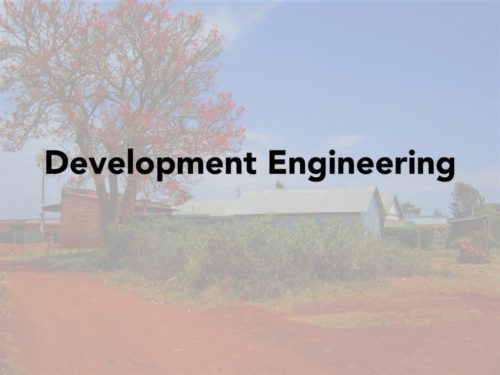 Development engineering is an emerging field that brings together communities, businesses, students, faculty, non-governmental organizations (NGOs), and governments, as well as for- and non-profit organizations, with the intention of working collaboratively to solve global challenges. It is, by design, a multidisciplinary field that bridges engineering and social sciences such as economics, public health, and gender studies and places them alongside business and entrepreneurship for societal benefit. In this piece, we’ll dive into where the new field of development engineering came from, where it’s headed, and the challenges it’s facing along the way. Development engineering has the potential to address massively complex challenges our world grapples with today, and by understanding its history and trajectory, we examine how development engineering can contribute to social change.
Development engineering is an emerging field that brings together communities, businesses, students, faculty, non-governmental organizations (NGOs), and governments, as well as for- and non-profit organizations, with the intention of working collaboratively to solve global challenges. It is, by design, a multidisciplinary field that bridges engineering and social sciences such as economics, public health, and gender studies and places them alongside business and entrepreneurship for societal benefit. In this piece, we’ll dive into where the new field of development engineering came from, where it’s headed, and the challenges it’s facing along the way. Development engineering has the potential to address massively complex challenges our world grapples with today, and by understanding its history and trajectory, we examine how development engineering can contribute to social change.
TESTING
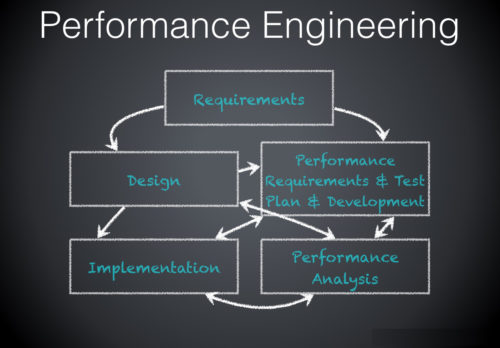 Performance testing and performance engineering, these two notions are different concepts very close but vaguely linked. To get a clear interpretation, we should highlight the core concepts and differences.
Performance testing and performance engineering, these two notions are different concepts very close but vaguely linked. To get a clear interpretation, we should highlight the core concepts and differences.
Performance Testing
This type of testing is carried out to check the product’s speed, scalability and stability sticking to the end user’s mode of behavior.
- speed – checks if the application replies fast enough
- scalability – finds out the maximum number of users who can simultaneously work with the application
- stability – checks if the software application is resistant to various loads
Performance Engineering
This field includes systematic practicing, applying techniques, and meeting requirements on each stage of SDLC – Software Development Life Cycle. A performance engineer possesses more diverse skills as compared to a performance tester. An engineer always digs deeper. He/she does not only identify a problem but finds out its causes and possible solutions. This profession demands good testing experience as well as other numerous skills:
- Ability to analyze the system architecture and suggest ways out for better performance
- Competence in using database monitoring and code profiling tools
- Performing data creation and test design, statistical analysis and distribution
- Experience in using deep dive tools (HP Diagnostics, CA Wily, Jprobe, etc.)
- Good experience in applying performance testing tools (NeoLoad, WebLOAD, Jmeter, Gatling, etc.)
- Efficient communication, business knowledge, and management skills
- Ability to monitor, tune, and forecast
Performance engineering stands for both: problem investigation and intervention. The team works on the investigation to define a problem and make the necessary corrections. Below is the example of an average performance engineering process.
DESIGN
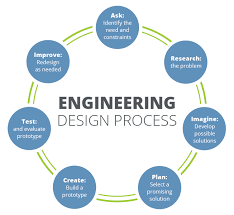 Design Engineering is basically the methodology used in the step by step analysis and design of a any product or system. You get to understand the material aspect prior to the inception of utility of software. You might be aware that material selection is the vital part for designing any product. Then, you will get to understand the stress/strain aspects which act on the parts of a component or existing ones. Also design engineering will include useful subjects such as Research Methodology, Process planning and equipments, analysis of mechanisms, etc. which gives you a detailed idea about the exact procedure and requirements for proper and efficient design of a system or a product.
Design Engineering is basically the methodology used in the step by step analysis and design of a any product or system. You get to understand the material aspect prior to the inception of utility of software. You might be aware that material selection is the vital part for designing any product. Then, you will get to understand the stress/strain aspects which act on the parts of a component or existing ones. Also design engineering will include useful subjects such as Research Methodology, Process planning and equipments, analysis of mechanisms, etc. which gives you a detailed idea about the exact procedure and requirements for proper and efficient design of a system or a product.
ANALYSIS
Engineering analysis is the internal guidance of a project. It can be described as the breaking down of an object, system, problem or issue into its basic elements to get at its essential features and their relationships to each other and to external elements. It is an important part of the engineering design loop that occurs many times during the completion of real-life engineering product or system design. Often, a thorough and varied analysis of a design prior to implementation leads to increased safety and efficiency in using the product.
SYSTEMS
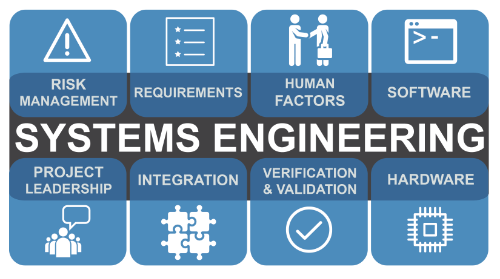 Systems engineering is an interdisciplinary field of engineering and engineering management that focuses on how to design and manage complex systems over their life cycles. At its core, systems engineering utilizes systems thinking principles to organize this body of knowledge. The individual outcome of such efforts, an engineered system, can be defined as a combination of components that work in synergy to collectively perform a useful function.
Systems engineering is an interdisciplinary field of engineering and engineering management that focuses on how to design and manage complex systems over their life cycles. At its core, systems engineering utilizes systems thinking principles to organize this body of knowledge. The individual outcome of such efforts, an engineered system, can be defined as a combination of components that work in synergy to collectively perform a useful function.
OPERATIONS AND MAINTENANCE
Operations & Maintenance Engineering is the discipline and profession of applying engineering concepts for the optimization of equipment, procedures, and departmental budgets to achieve better management, maintainability, reliability, and availability of equipment.
Hence Operations and Maintenance engineering, is increasing in importance due to rising amounts of equipment, systems, machineries and infrastructure. Since the Industrial Revolution, devices, equipment, machinery and structures have grown increasingly complex, requiring a host of personnel, vocations and related systems needed to maintain them. Prior to 2006, the United States spent approximately US$300 billion annually on plant maintenance and operations alone. Maintenance is to ensure a unit is fit for purpose, with maximum availability at minimum costs. A person practicing maintenance engineering is known as a maintenance engineer.
CONSULTING
 Engineering consulting is the practice of performing engineering as a consultant. It assists in the development of both public and private companies. This development can be in a variety of different ways including process management, idea organization, product design, fabrication, branding, and marketing. Engineering consulting firms require engineers from multiple disciplines including civil, structural, mechanical, electrical, environmental, chemical, industrial, and agricultural. This diversity is necessary to cover the wide variety of potential projects that could be presented to the firm. Additionally to the technical work Engineering Consultants will assist in the marketing of company or product.
Engineering consulting is the practice of performing engineering as a consultant. It assists in the development of both public and private companies. This development can be in a variety of different ways including process management, idea organization, product design, fabrication, branding, and marketing. Engineering consulting firms require engineers from multiple disciplines including civil, structural, mechanical, electrical, environmental, chemical, industrial, and agricultural. This diversity is necessary to cover the wide variety of potential projects that could be presented to the firm. Additionally to the technical work Engineering Consultants will assist in the marketing of company or product.
Future Trends of Engineering
Engineering and Technology Trends are radically shifting traditional business partnerships into the building blocks for digital ecosystems. Here are some new trends which can help in shaping the future of engineering:
Continued industry digitization
These technical innovations help companies improve their processes and fundamentally transform how building and projects come to life.
As the construction industry shifts towards adopting cloud-based platforms, businesses must quickly develop strong partnerships to prepare for a rapidly growing collaborative network.
Cloud computing
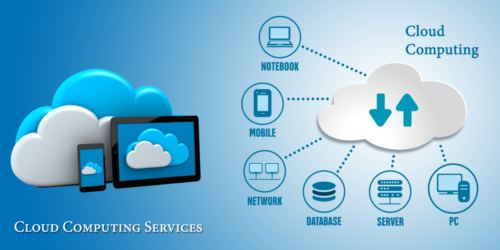 IT professionals will soon shift from working with equipment to applications. The majority of companies have or will be using some aspect of Cloud computing. The future of Cloud computing will straddle both private and public clouds, adding new challenges to the role of IT.
IT professionals will soon shift from working with equipment to applications. The majority of companies have or will be using some aspect of Cloud computing. The future of Cloud computing will straddle both private and public clouds, adding new challenges to the role of IT.The increased use of cloud computing will put a premium on skill sets including those comfortable with API (application programming interface) development and a DevOps (unifying software development and software operation) environment. It will also mean a strategic shift in the mindset of many IT professionals from working with equipment to applications.
VR and Immersive Architecture
 In the world of 3D virtual design and engineering, there is some serious progress happening. Imagine an artificial world that you can observe, walk through, reach out to touch objects and see everything around you respond in real-time. This is immersive virtual reality and these spaces are created using a combination of computer graphics, wireless tracking technology, headsets, HD projectors, polarized glass and more -- all working together to create interactive and real-life experiences.
In the world of 3D virtual design and engineering, there is some serious progress happening. Imagine an artificial world that you can observe, walk through, reach out to touch objects and see everything around you respond in real-time. This is immersive virtual reality and these spaces are created using a combination of computer graphics, wireless tracking technology, headsets, HD projectors, polarized glass and more -- all working together to create interactive and real-life experiences.The world of 3D virtual design and engineering is a fast growing field and there's some seriously forward thinking happening in these fields.
Big data and smart cities
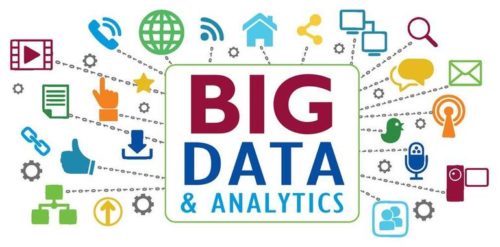 Smart cities, the cities of the future, are now becoming a reality. Although Big Data (data sets that are so big and complex that traditional data-processing application software are inadequate to deal with them) has a lot of buzz around it, we believe that in many ways it is still a relatively new and unexplored concept.
Smart cities, the cities of the future, are now becoming a reality. Although Big Data (data sets that are so big and complex that traditional data-processing application software are inadequate to deal with them) has a lot of buzz around it, we believe that in many ways it is still a relatively new and unexplored concept.However, its potential for human analysis is already obvious.
This makes it a perfect and integral part of the planning and creation of smart cities.
- As populations grow and resources become scarcer, the efficient usage of these limited goods becomes more important
- Smart cities are a key factor in the consumption of materials and resources
- Built on -- and integrating with -- big data, the cities of the future are becoming a realization today
Architecture robots and 3D printers
- The way we make things has changed but will change more drastically still
- Robotics is coming to the construction industry
- It won't be long before we are assisting in designing to a construction process that involves assembly robots
- Assisted robotics, in which a human and robot work together to direct the construction process, is also on the horizon
Environmental Sustainability
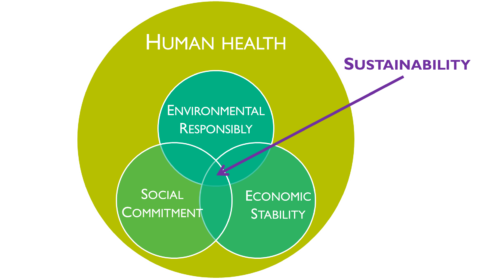 Reducing the effects of climate change can be possible if we use energy efficiently.
Reducing the effects of climate change can be possible if we use energy efficiently.- Sustainable architecture holds the key to an environmentally positive future
- Only by living more economically with our resources can we hope to protect our environment and climate
- The philosophy behind sustainable architecture is all about reducing waste
- This not only means physical waste but minimizing energy loss as well
- By keeping the energy we consume within our buildings for as long as possible, we need less supply in the first place
Using less energy to keep us comfortable means that we can become environmentally responsible and more resource efficient, which are both vital to reducing the effects of climate change.
Artificial intelligence (AI)
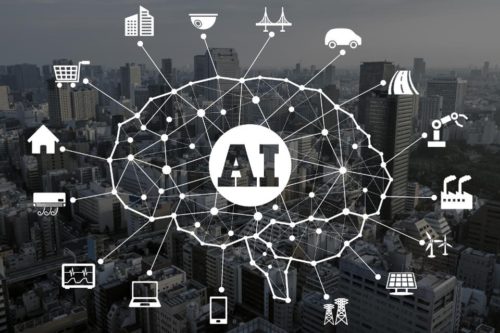 AI-enabled products are taking over global markets. AI enables producers to make sense of the overwhelming data that their factories, operations and consumers generate, and to transform that data into meaningful decisions.
AI-enabled products are taking over global markets. AI enables producers to make sense of the overwhelming data that their factories, operations and consumers generate, and to transform that data into meaningful decisions.Today, 70 per cent of captured production data goes unused. Applying AI to the connectivity of Internet of Things (IoT), producers are able to orchestrate and streamline business processes from desktops to machines, across department walls and tiers of suppliers. The most promising immediate opportunities for applying AI in production systems are in quality management, predictive maintenance and supply chain optimization.
AI-enabled products will be a game-changer for value propositions addressed to customers, and producers must be ready to orchestrate the value networks required to deliver these.






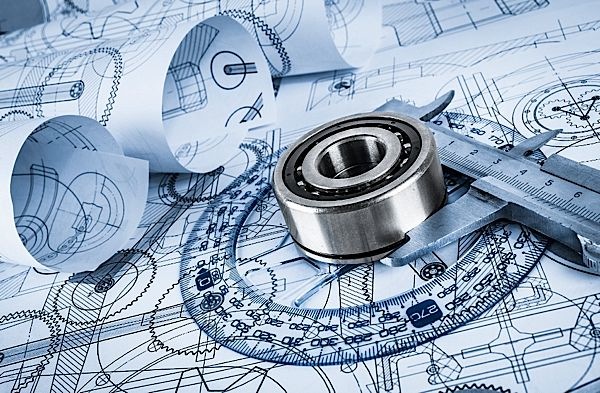
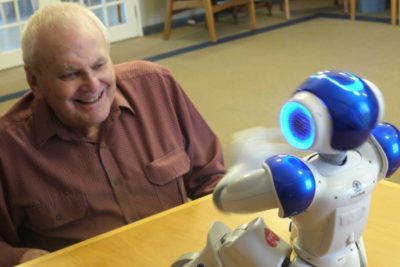









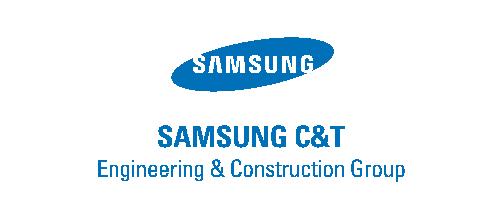

Leave a Reply